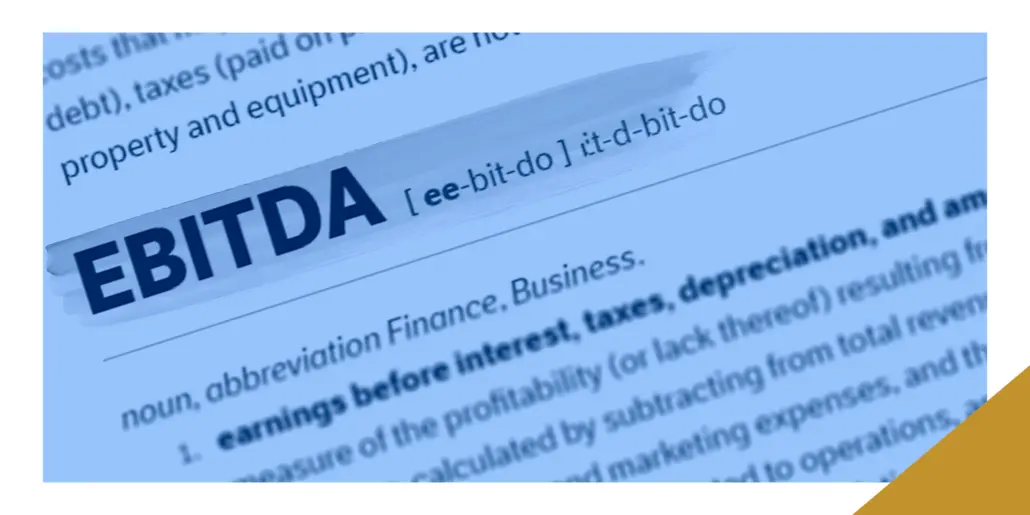As a response to growing concerns about illicit financial activities, the United States has introduced the Corporate Transparency Act (CTA), which mandates significant reporting obligations for many companies. This new legislation aims to improve transparency in business operations and curb activities like money laundering and tax evasion.
Key Elements of the CTA
Who Must Report
Companies required to comply with the CTA include domestic and foreign business entities, such as limited liability companies (LLCs), corporations, and other entities formed by filing documents with a Secretary of State or similar office. These are referred to as "reporting companies." The legislation covers both newly established and existing businesses.
Reporting Requirements
For each beneficial owner and company applicant, reporting companies must provide comprehensive information, including full legal name, birthdate, home address, an identifying number (from a driver’s license, passport, or other approved documents), and an image of the approved document. An individual can apply for a FinCEN identifier number in lieu of providing these documents.
The definition of a "beneficial owner" is broad, encompassing any individual who, directly or indirectly, owns or controls 25% or more of the ownership interest in the entity or exercises substantial control over it. This includes various forms of ownership interests and the ability to influence or control significant decisions or operations of the reporting company.
Deadlines for Compliance
- Existing companies formed before January 1, 2024, must file their initial reports no later than January 1, 2025.
- Newly formed companies created after January 1, 2024, must file within 90 days of their creation or registration.
- Reporting is not an annual requirement but requires updating or correcting information as needed.
Penalties for Non-Compliance
Failing to comply with the CTA can lead to severe penalties, including civil penalties of up to $500 for each day of continued violation and criminal penalties of imprisonment for up to two years and fines of up to $10,000. Non-compliance could also adversely affect business transactions, such as mergers and acquisitions or investment rounds.
Advising on Compliance
Navigating the complexities of the CTA requires careful attention to detail and an understanding of legal and regulatory requirements. Companies are advised to seek guidance from professionals, including lawyers and corporate service providers, to ensure accurate and timely compliance. These experts can help interpret the requirements, manage the filing process, and stay informed about any legislative updates.
Conclusion
The Corporate Transparency Act represents a significant step towards greater transparency in the U.S. corporate sector. CEOs and executives must understand the implications of these changes and seek appropriate advice to ensure compliance. Non-compliance not only risks legal penalties but can also affect the company's reputation and future business opportunities.
For further guidance or assistance with the CTA requirements, consider reaching out to experienced professionals who can provide tailored advice for your specific business needs.
Citations
- Foley & Lardner LLP: New Reporting Requirements under the Corporate Transparency Act
- Greenberg Traurig LLP: Corporate Transparency Act Takes Effect with Beneficial Ownership Reporting Requirements
- Harvard Law School Forum on Corporate Governance: Reporting Beneficial Owners Under the Corporate Transparency Act
- Financial Crimes Enforcement Network (FinCEN): U.S. Beneficial Ownership Information Registry Now Accepting Reports
- Wolters Kluwer: The basics of the Corporate Transparency Act
- FinCEN: Beneficial Ownership Information Reporting



